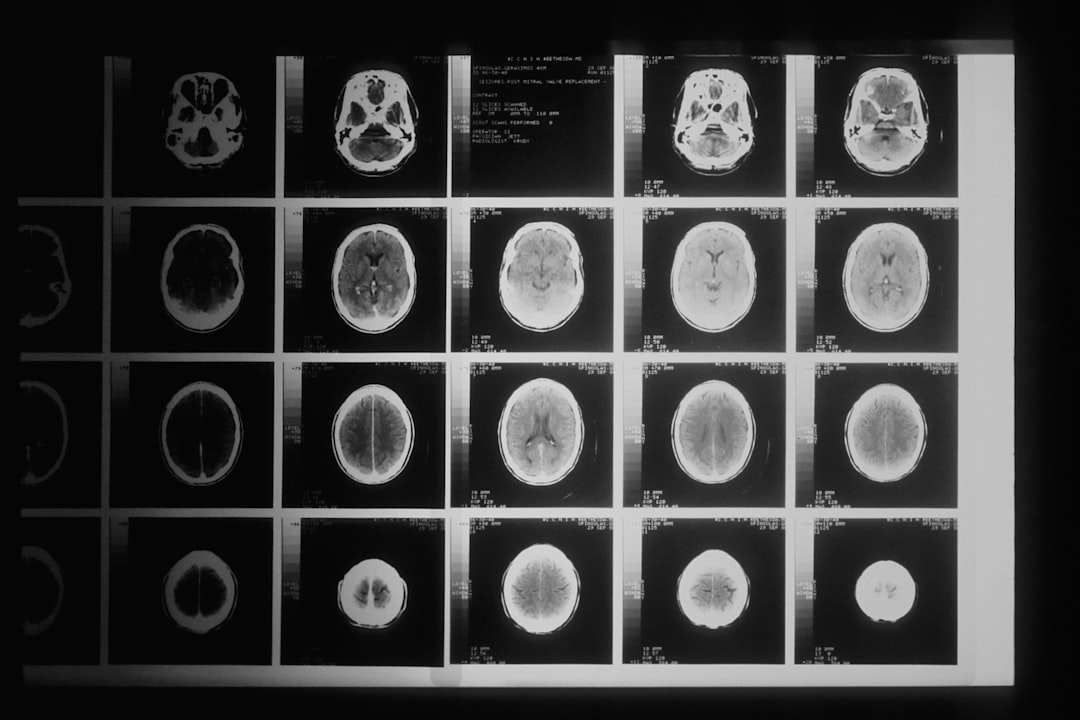Pregnancy brain: myth or science? What’s really happening to your memory during pregnancy
Have you ever walked into a room during pregnancy and completely forgotten why you’re there? Or perhaps you’ve missed an important appointment despite setting multiple reminders? You might be experiencing what’s commonly called “pregnancy brain” or “baby brain” – a phenomenon many expectant mothers report but often question whether it’s real or imagined.
The science behind pregnancy brain
While pregnant women have reported cognitive changes for generations, recent scientific research has begun to document the actual physical changes happening in the maternal brain during pregnancy.
A groundbreaking 2024 study published in Nature Neuroscience provides the first continuous brain mapping throughout pregnancy. Using precision imaging with 26 MRI scans from pre-conception through two years postpartum, researchers documented profound neuroanatomical changes that far exceed normal day-to-day brain variability.
This isn’t just anecdotal – your brain is literally changing shape.
According to a study published in the PMC National Library of Medicine, maternal brain volume actually decreases during healthy pregnancy and increases after delivery, with changes most significant at full term. These changes typically reverse by about six months postpartum. The same research found that ventricular size increases during pregnancy and decreases after delivery, corresponding inversely to brain volume changes.
Why does pregnancy affect memory and focus?
The physical changes in your brain during pregnancy happen alongside significant hormonal shifts. These transformations appear to serve important evolutionary purposes.
Your brain may be prioritizing neural pathways that enhance maternal caregiving and bonding through a process similar to neural pruning. Some brain networks involved in social cognition and emotional processing actually show increased activity during this time. The brain essentially undergoes adaptive remodeling to prepare itself for the enormous task of understanding and responding to a newborn’s needs.
Research from the UC Santa Barbara Maternal Brain Project notes that these changes make evolutionary sense – your brain is preparing for the most significant life transition you may experience. Approximately 85% of women experience pregnancy one or more times over their lifetime, making these changes a normal part of human development for most women.
Managing pregnancy brain: practical strategies
While these cognitive changes are normal and temporary, they can be frustrating when you’re trying to maintain your usual productivity. Here are some evidence-informed tips to help you navigate through this foggy period:
Prioritize quality sleep
Sleep disruption often compounds pregnancy brain symptoms. Creating a comfortable sleep environment is essential during pregnancy. Our Better Sleep During Pregnancy guide provides specific techniques and tools that can help improve your sleep quality.
External memory aids
Using external memory systems can compensate for temporary cognitive changes. Consider maintaining a single digital calendar for all appointments and creating detailed to-do lists, either paper or digital. Setting reminders for important tasks and using location-based phone reminders (like “Hey Siri, remind me to start the laundry when I get home”) can be particularly helpful. Also, keep a designated spot for frequently misplaced items like keys and glasses.
Practice mindfulness
Taking even brief moments throughout your day for mindful breathing can improve concentration. The Brain & Behavior Research Foundation notes that stress management is particularly important during pregnancy as it can influence both cognitive function and overall maternal health.
Exercise regularly
Physical activity, particularly aerobic exercise, has been shown to support cognitive function. Even a short daily walk can make a difference in mental clarity. Moving your body helps increase blood flow to the brain and may temporarily counter some of the cognitive fog many women experience.
Nutrition for brain health
What you eat directly impacts brain function. Focus on foods rich in omega-3 fatty acids found in fatty fish, walnuts, and flax seeds. Choline, found in eggs, lean meats, and cruciferous vegetables, supports brain health during pregnancy. Include plenty of antioxidant-rich colorful fruits and berries, and ensure adequate iron intake through leafy greens, beans, and fortified cereals.
Reduce multitasking
When experiencing pregnancy brain, it’s more effective to focus on one task at a time rather than juggling multiple responsibilities simultaneously. Batch similar tasks together and give yourself permission to work more methodically than you might have pre-pregnancy.
Accepting the new normal
Perhaps the most important strategy is simply acknowledging that these cognitive changes are real, temporary, and serving an important biological purpose. Rather than fighting against them, understanding that your brain is preparing for motherhood can help you approach these changes with patience and self-compassion.
Recent research from Nature Molecular Psychiatry also emphasizes the importance of addressing maternal psychological distress during pregnancy, as emotional wellbeing interacts with cognitive function.
When to talk to your doctor
While some cognitive changes are normal during pregnancy, speak with your healthcare provider if you experience sudden or severe memory problems, confusion that interferes with daily functioning, memory issues accompanied by severe headaches, vision changes, or swelling, or persistent depression or anxiety symptoms. These could indicate other medical conditions that require attention.
Looking ahead: the postpartum brain
The good news? According to the research in Nature Neuroscience, many of these brain changes begin to reverse after delivery. While some networks in your brain will never quite return to their pre-pregnancy state (particularly those involved in social cognition and maternal behavior), your overall cognitive function typically improves as you move through the postpartum period.
Remember that pregnancy brain isn’t just “in your head” – it’s a documented biological phenomenon affecting your actual brain structure. By understanding what’s happening and implementing practical strategies to work with these changes rather than against them, you can navigate this transition with greater ease and confidence.




